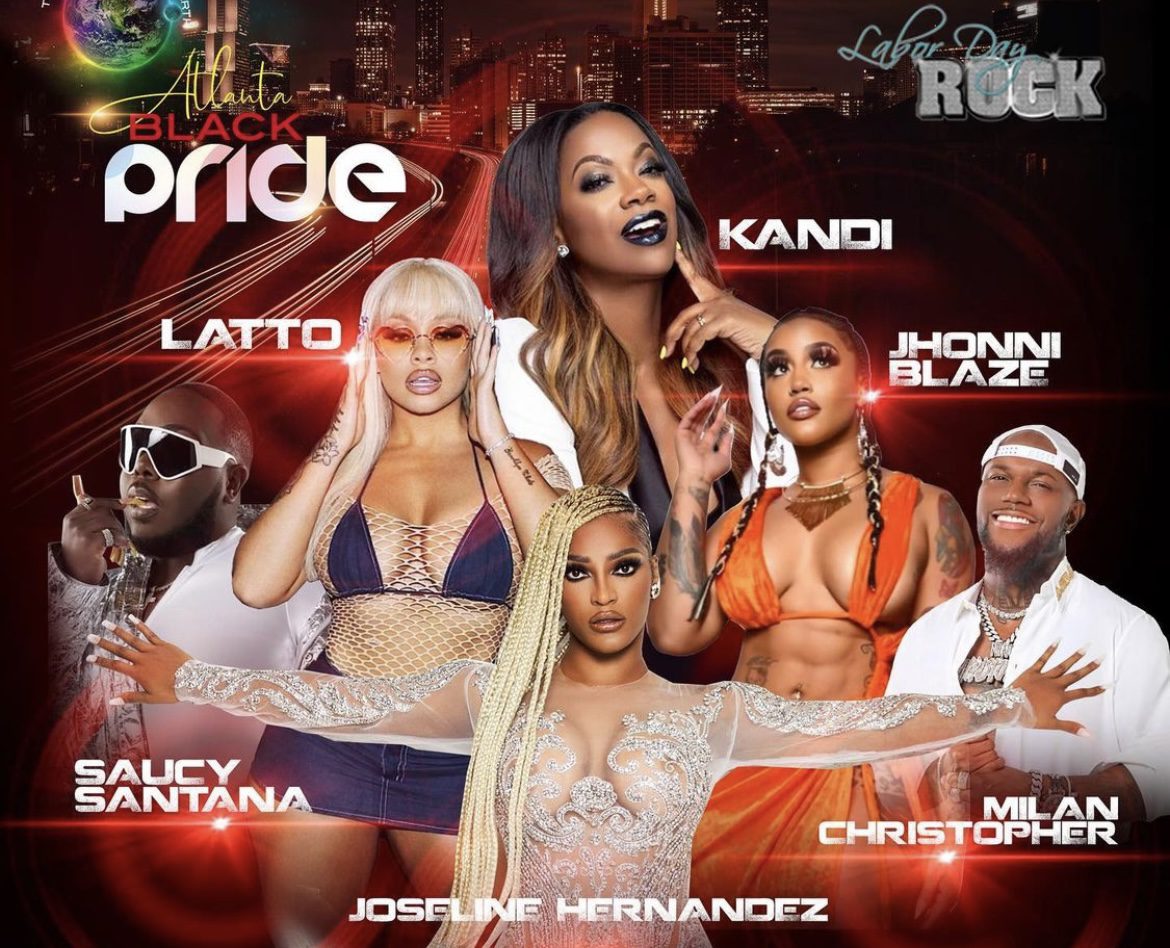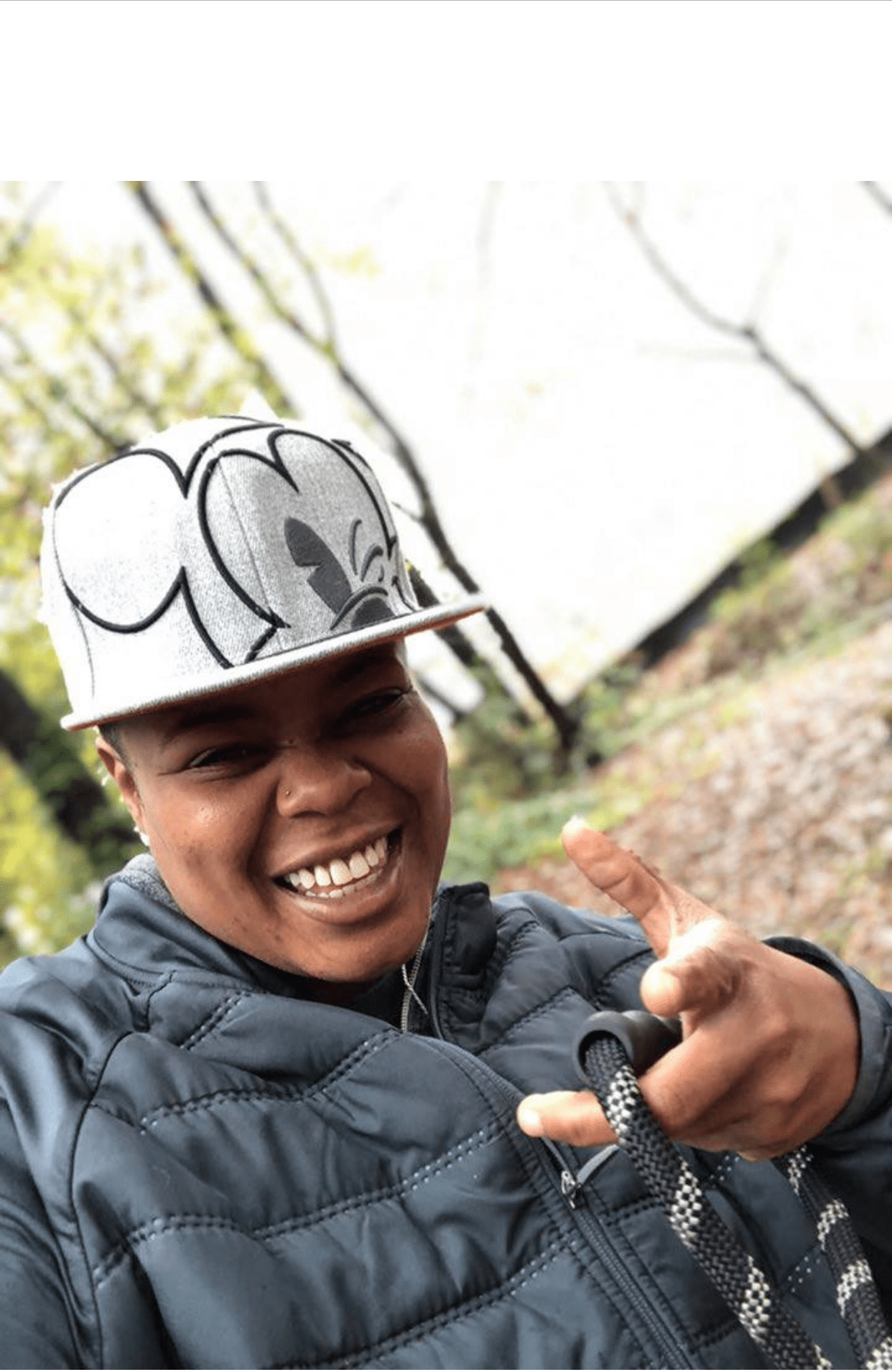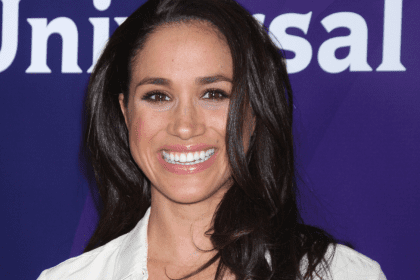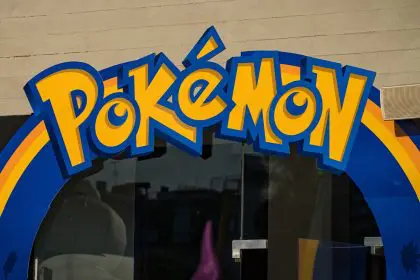If you want to begin to understand the crisis within the LGBT workforce population you can begin by looking at the numbers. According to the Human Rights Campaign (HRC) it is legal to discriminate based on gender identity in 38 states compared to 29 states where discrimination on the basis of sexual orientation is legal. What these numbers fail to convey are the daily concerns, challenges and fears of the LGBT population, a community that remains one of the nation’s most vulnerable due to the lack of federal workplace protections. rolling out spoke with several professionals from various fields to learn of what issues they believe most affect the LGBT population. The results blur racial, gender, sexuality and economic lines to expose a complex web of inequity.
Name: Sharon J. Lettman-Hicks
Occupation: Executive Director/CEO, National Black Justice Coalition
I find that more black people are not as comfortable being out and open even in safe space corporate entities because most LGBT affinity groups in corporate America are predominantly white. There is not federal protection and because of that many are not willing to risk discrimination in the workplace.
Name: Frederick A. Miller
Occupation: CEO, The Kaleel Jamison Consulting Group, Inc.
There is fear in the workplace these days for a lot of people. They are worried about their livelihood and how they are treated. People in the workforce don’t always feel included, respected and that at any moment of any day they will get fired. That’s rue of everyone including the LGBT community.
 Name: Kylar Broadus
Name: Kylar Broadus
Occupation: Professor, Lincoln University of Missouri
The trans (gender) community is underemployed or not employed because of stigma and bias. I think companies need to self-educate and get on board with realizing that the trans (gender) community is part of the population and that we are not crazy.
Name: Gary Bailey
Occupation: Professor, Simmons College School of Social Work
There are particularly high rates of poverty in communities of color in the LGBT community. We are impacted by discretionary industries since we have traditionally been part of those sectors. As people cut back on spending in those areas we the LGBT workers suffer.
Name: Rick Williams
Occupation: CEO, Ricentric
Corporations would faster promote a black gayperson than a straight black man because they think the gay man poses no threat. From a business perspective it is to divide and conquer the
black family and knock out more quotas. We need to challenge government as well as corporations. They are the new slave owners.





















